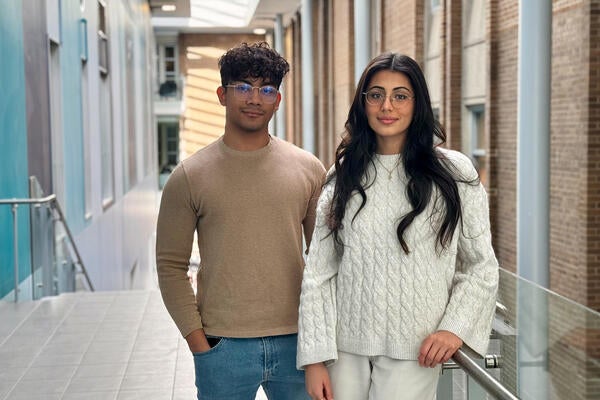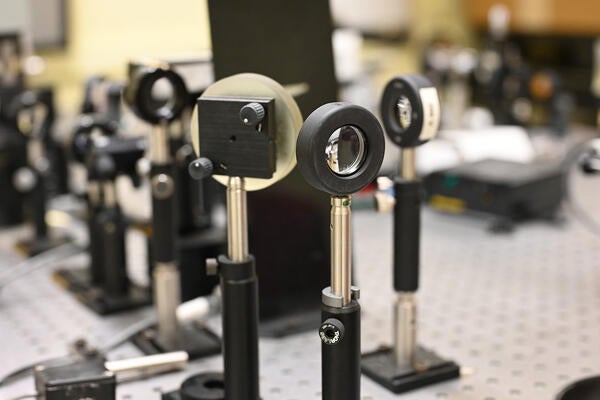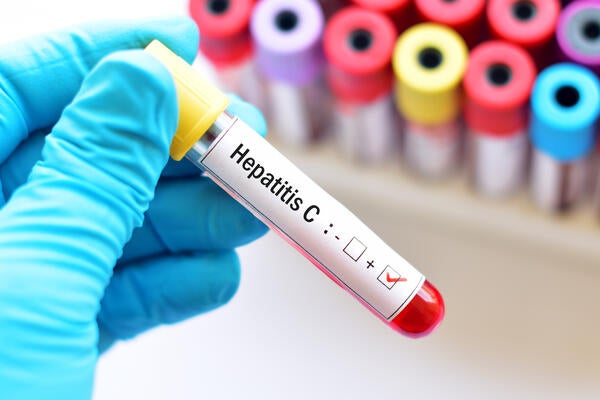This week, universities, libraries, science centres and schools across Canada have been celebrating Science Literacy Week, with the goal of improving our collective understanding of science.
As we navigate the COVID-19 pandemic, Waterloo science professor Jozef Nissimov has been working to fight misinformation, and share accurate scientific resources. We asked Professor Nissimov to explain science literacy, and why it is even more important as the world deals with the ongoing COVID-19 pandemic.
What is science literacy?
Science literacy is the ability to critically assess and evaluate scientific information and its credibility without the need to be an expert. A scientifically literate individual should be able to think critically about what they read or hear about, in order to evaluate the information’s source and accuracy. Don’t just repost something, but spend the extra time and find out first if it’s reliable.
Importantly, scientific literacy means that one should understand that science doesn’t always have all the answers. And the answers that science does have at its disposal are subject to the best knowledge and tools that it has at a given moment in time. The beauty of science is that it is flexible and open to new ideas. It is open to be challenged and to shifts in common scientific principles.
Why is it important to promote science literacy?
The importance of scientific literacy is evident now more than ever. We live in times when everyone has access to scientific information. Most of this information is reliable, and credible news agencies usually do a good job of reporting the facts. However, there are also cases when scientific information is reported in a skewed manner, where scientific facts or the result of a study are “cherry-picked” in order to provide a “twist” to a story. This is dangerous and can compromise the credibility of scientists and their discoveries. This is not how science works, and scientific literate individuals should be able to detect such cases of “cherry-picking”.
We live in a digital age, bombarded constantly with breaking news and stories. Many young people receive their news solely via social media and when the news comes from a celebrity (or even an elected public figure) with millions of followers, people are more inclined to listen to them rather than an expert who has had hundreds of peer-reviewed articles, has authored dozens of books, and had attended the best schools. This is exactly when scientific literacy comes at play, because it provides us with the ability to critically evaluate information and to trust expert advice.
How has COVID impacted the public’s perception of science?
I believe that now more than ever, people are looking to science for answers. They want answers, they want information, and they want to know when a vaccine will be ready so that life can get back to normal. I don’t think that there has been a time in history when so many people in the world knew what a virus is.
Having said that, because COVID-19 is caused by a new virus, science still looks for the answers, and the answers we currently have may change as we learn more. Scientific literacy means accepting and understanding this fact.
Scientific literacy varies between countries and within countries. Canadians seem to be more inclined to listen to expert advice and follow COVID-19 related guidelines more than in other countries. A possible reason for this is perhaps the fact that scientists are in the public eye a large amount of the time. We have seen doctors, epidemiologists, and virologists give interviews from their living rooms, bedrooms and even their cars on almost every major news program. This is exactly what scientists with knowledge of this pandemic should be doing. They help as much as they can, and explain to the best of their ability the complicated situation we all find ourselves in.
The University of Waterloo has a number of experts available for comment on various aspects of the COVID-19 pandemic, click here to see the up-to-date list.








